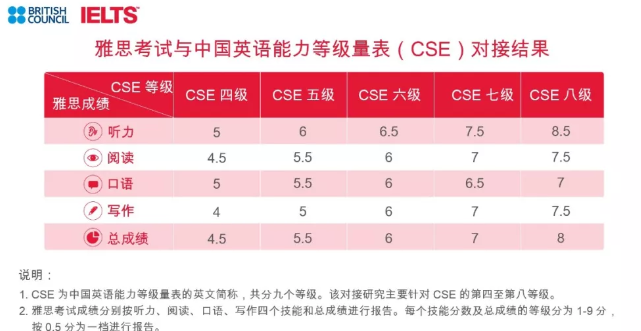LSAT考试综合辅导:LSAT一分值千金
|
One point on the LSAT: How much is it worth? Standardized tests as a determinant of earnings Abstract: A paper examines the market for certification of ability, specifically in the law profession. Economists have long discussed the problems of measurement and signaling in the imperfect market for labor, but there has been relatively little systematic work on the economic value of these signals. Using empirical evidence comparing Law School Admission Test scores to starting salaries, both across law schools and across individuals in one law school, the economic value of one point on the LSAT is discussed. It is found that the marginal value of one point on the LSAT, without controlling for school quality, is over $2,600 in the first year alone, with the value increasing each year. However, when controlling for school quality, one point on the LSAT is worth only a small fraction of that amount. It is concluded that the LSAT, while an important determinant of future success, exerts little weight beyond the law school application. This paper examines the market for certification of ability, specifically in the law profession. Economists have long discussed the problems of measurement and signaling in the imperfect market for labor, but there has been relatively little systematic work on the economic value of these signals. Using empirical evidence comparing Law School Admission Test scores to starting salaries, both across law schools and across individuals in one law school, I discuss the economic value of one point on the LSAT. I find that the marginal value of one point on the LSAT, without controlling for school quality, is over $2,600 in the first year alone, with the value increasing each year. However, when controlling for school quality, one point on the LSAT is worth only a small fraction of that amount. I conclude that the LSAT, while an important determinant of future success, exerts little weight beyond the law school application. In their efforts to explain the determinants of earnings, economists have long acknowledged the importance of "ability" in the earnings equation. Some posit that ability is actually defined by earnings since in theory, wages are equal to productivity. Others define ability loosely in terms of class rank, activities, or standardized test scores. Standardized tests, especially in recent years, have been attacked for being poor indicators of skill, biased against certain social classes, or unfair to those with poor test-taking skills. However, they are still extensively used by colleges and graduate schools. In this paper, I deal with one standardized test which is specific to its profession, the Law School Admissions Test (LSAT). Using empirical evidence comparing LSAT scores to starting salaries, both across law schools and across individuals, I discuss the LSAT as a certification for ability in the law profession and the economic value of one point on the LSAT. Accompanying the topic of ability come many other questions, including the possibility that schooling is simply a screening or signaling device, and the fact that LSAT scores are distorted by factors such as prep courses. In this paper, I attempt to answer the question of how much is one point on the LSAT worth while making note of the bias in scores which may affect my answer. I find that the marginal value of one point on the LSAT, including its weight on school admission, is worth $2,600 in the first year alone, with the value increasing each year. However, excluding its bearing on school admission, one point on the LSAT is worth only a fraction of that amount. I. Previous Work "Economists have been surprisingly ignorant of the quantitative effects of different kinds of ability on earnings and productivity, yet such knowledge is essential in estimating the gains from investment in human capital," (249) writes economist Gary Becker. If workers and firms could determine gains from investment perfectly, there would be no inefficiencies in the education and job markets. It is important to establish first that ability would simply be defined as earnings if we assumed a perfect marketplace. In economic theory, "the neoclassical view is that markets are undifferentiated arenas in which commodities (including labor) can be exchanged at a rate determined by their marginal utilities . . . [However], product differentiation contributes to monopoly power and distorts this exchange" (Hodson 11). Since the marginal utility of labor cannot be perfectly determined, firms must compensate by estimating the marginal utility of a worker the best they can. |








